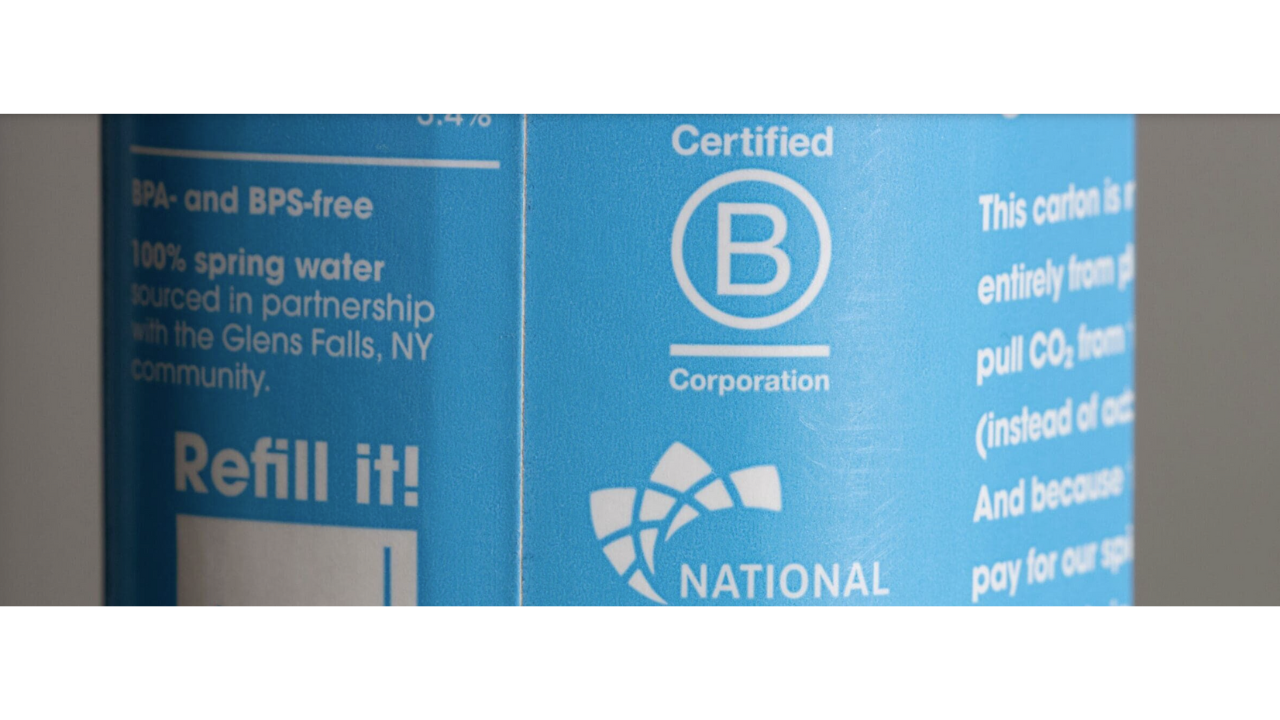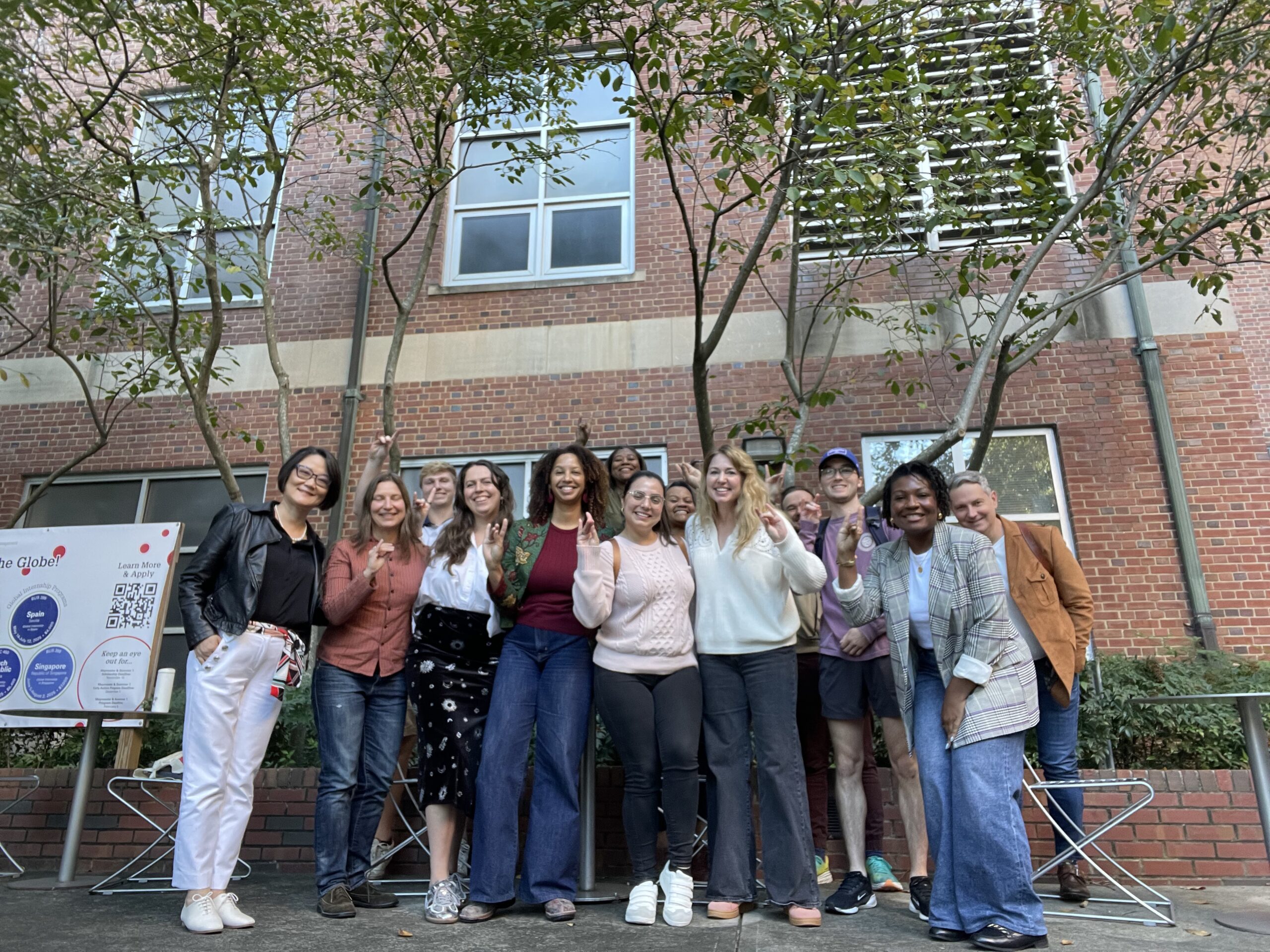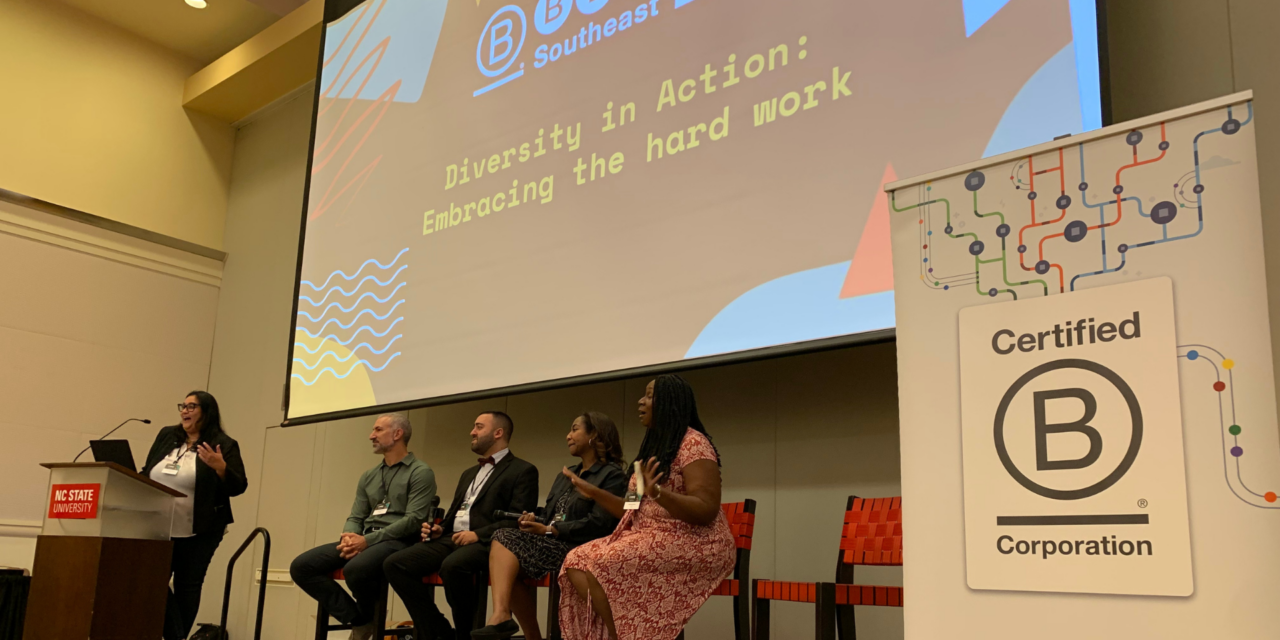BSC Director Quoted in Article on Dr. Bronner’s B Corp Decertification Decision
Check out a recent article published by FoodPrint where BSC Director, Jessica Yinka Thomas, is quoted on the value of the B Corp Certification.

Written by Lela Nargi in FoodPrint
In the 77 years of its existence, the Dr. Bronner’s soap (and more recently, chocolate) empire has morphed from niche health-food store darling to meaningful global consumer brand with almost $200 million in revenue in 2023 — no small feat for a company that never advertises. Ahead of the curve on organic-ingredient adoption, recycled packaging, above-living wages, and equitable and ecologically sustainable supply chains, it was later to the game than some other companies in becoming, in 2015, a certified B Corp. (Seventh Generation, for example, was one of 82 companies to certify in B Corp’s first year, in 2007.) B Corp is a verification by nonprofit B Lab of a company’s high marks in, among other metrics, “social and environmental performance, public transparency, [and] legal accountability,” all components of what B Lab calls “business as a public good.” That includes a company’s continuous improvement in things like fair wages, environmental stewardship, and commitment to human rights and a science-based fight against climate change.
Nevertheless, Dr. Bronner’s quickly became an exemplar of the stamp. It started out with an overall B Corp “impact” score of 148.8 (80 points are needed to qualify for certification), which it boosted over the course of ten years to 206.7 — the scheme’s highest score ever and one that clearly asserts the company’s commitment to “Farms Communities Planet Life!” as its famously verbose label touts.
So, when Dr. Bronner’s announced this February that it was dumping its B Corp certification, it triggered an avalanche of opinionated chatter both inside and outside the B Corp community: Was this a commendable and principled move, or a blow to the better-business movement?
Jessica Yinka Thomas, director of the Business Sustainability Collaborative at North Carolina State University, who studies B Corps, pushes back on the idea of diminished value. “A larger part of the B Corp movement’s goal is to chart a path for companies to measure and manage and improve their impact, with certification just being one step along that pathway,” she says. “I think it can continue to be that [but] there is no perfection in this space.”
- Categories:


